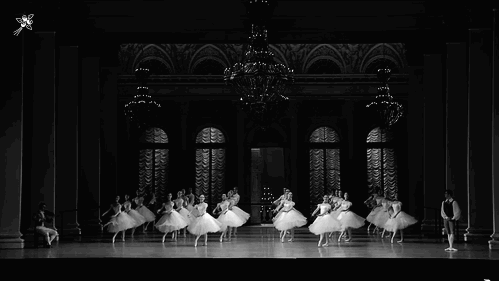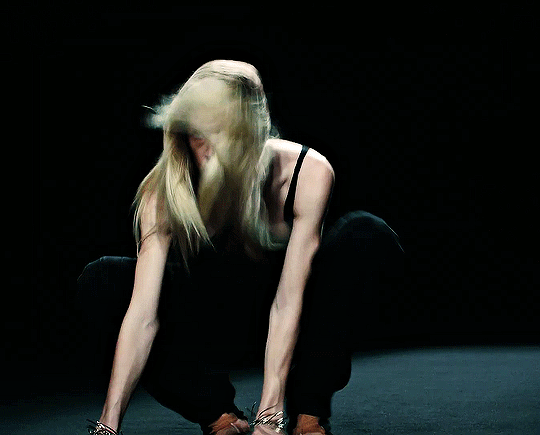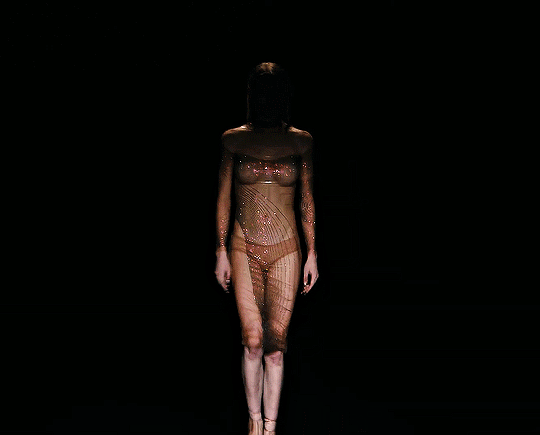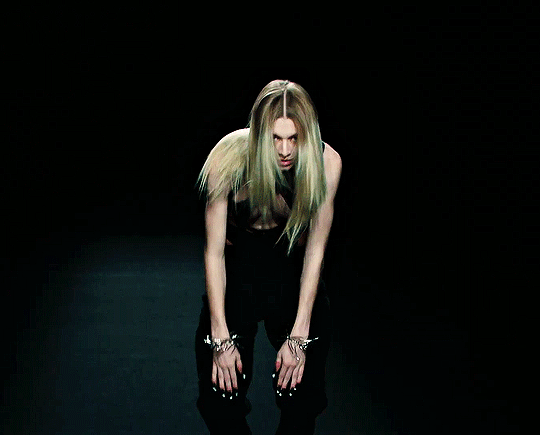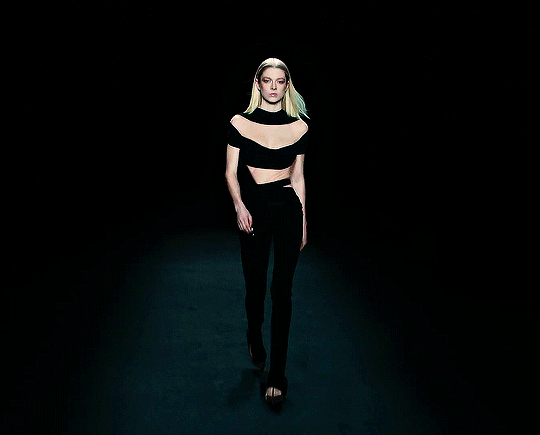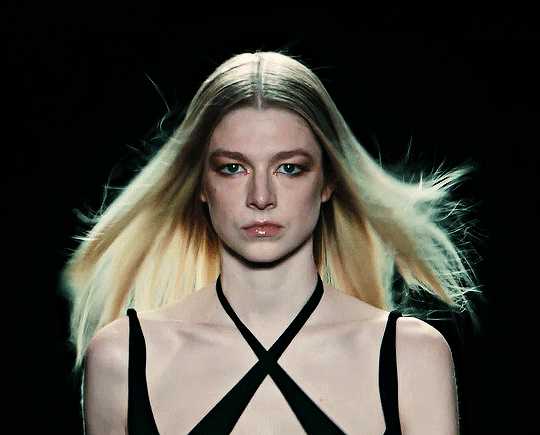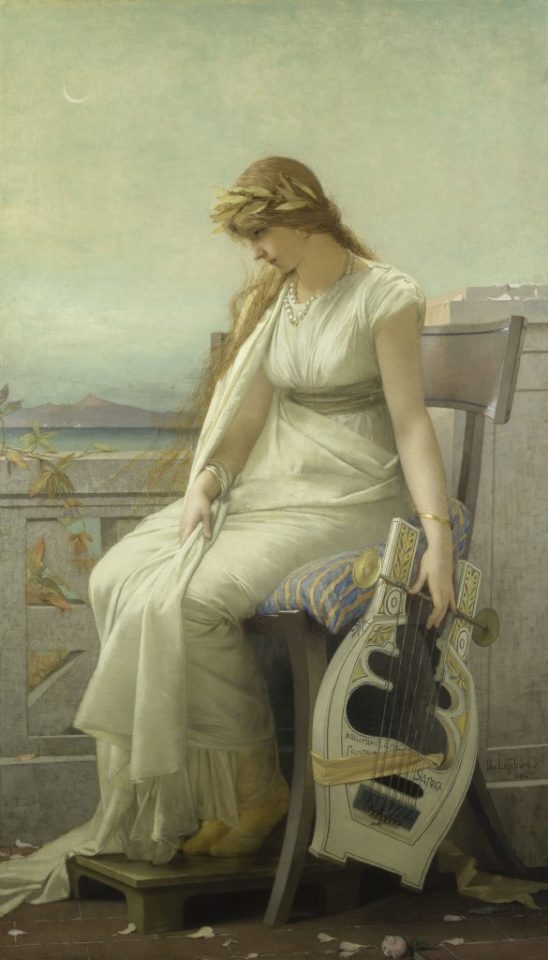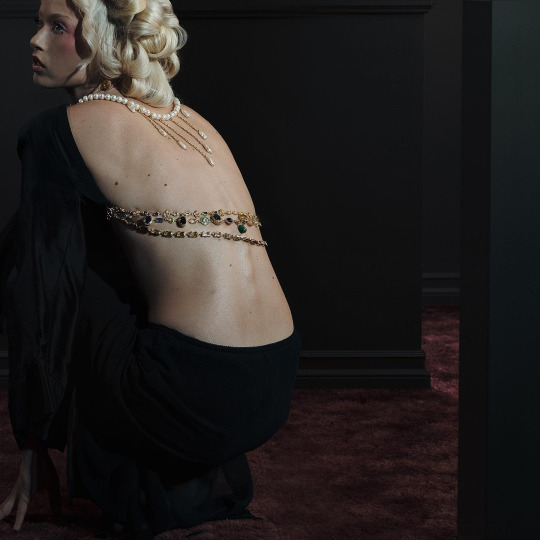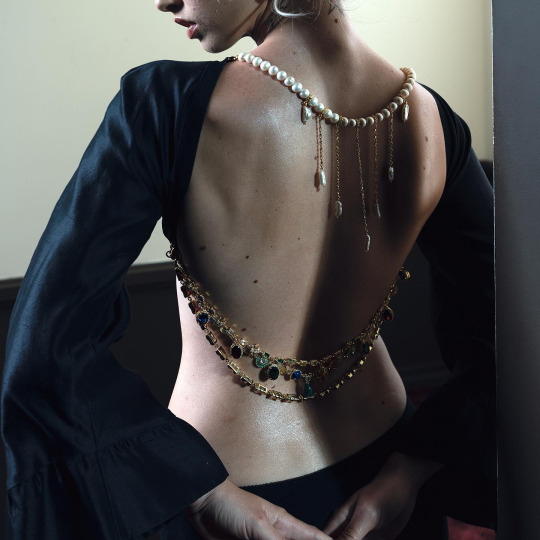Text
This is cheaper than journaling when you think about it
12K notes
·
View notes
Text










6 notes
·
View notes
Text
“You are silk, red silk. You are a net of misinterpretations; your beauty is like no other. Among all pale flowers, you are a rose. A white, transparent rose with wet, teary petals. I love the way you preserve such admirable capacity of observing other people’s solitude including your own. What helps you to live is not life itself but something far greater and untouchable. You live with yourself without censoring the rest of the world; altogether, my dear, you are an endangered species. Yet you need no saving. You are a lifeguard of own your mind. Imagine the rarity of that!”
— Katherine Mansfield, from Selected Letters.
2K notes
·
View notes
Text
imagine you had sex with your fine as fuck girlfriend and it activated your sleeper agent blood thirsty other personality. happened to my friend taissa turner
3K notes
·
View notes
Note
Top 5 men.
Fuck I didn't know there were that many...
Uh.... Macklemore... Tutankhamun...
2K notes
·
View notes
Text
have never seen 911 and yet i feel an inexplicable fondness for eddie. seen a few gifsets and the like and DAMN he is going through it. saw a hatepost for him and it made me so irrationally angry that i had to go outside and touch grass. i have never seen this show. what is wrong with me. anyway wishing homosexuality on this man <3
5K notes
·
View notes


